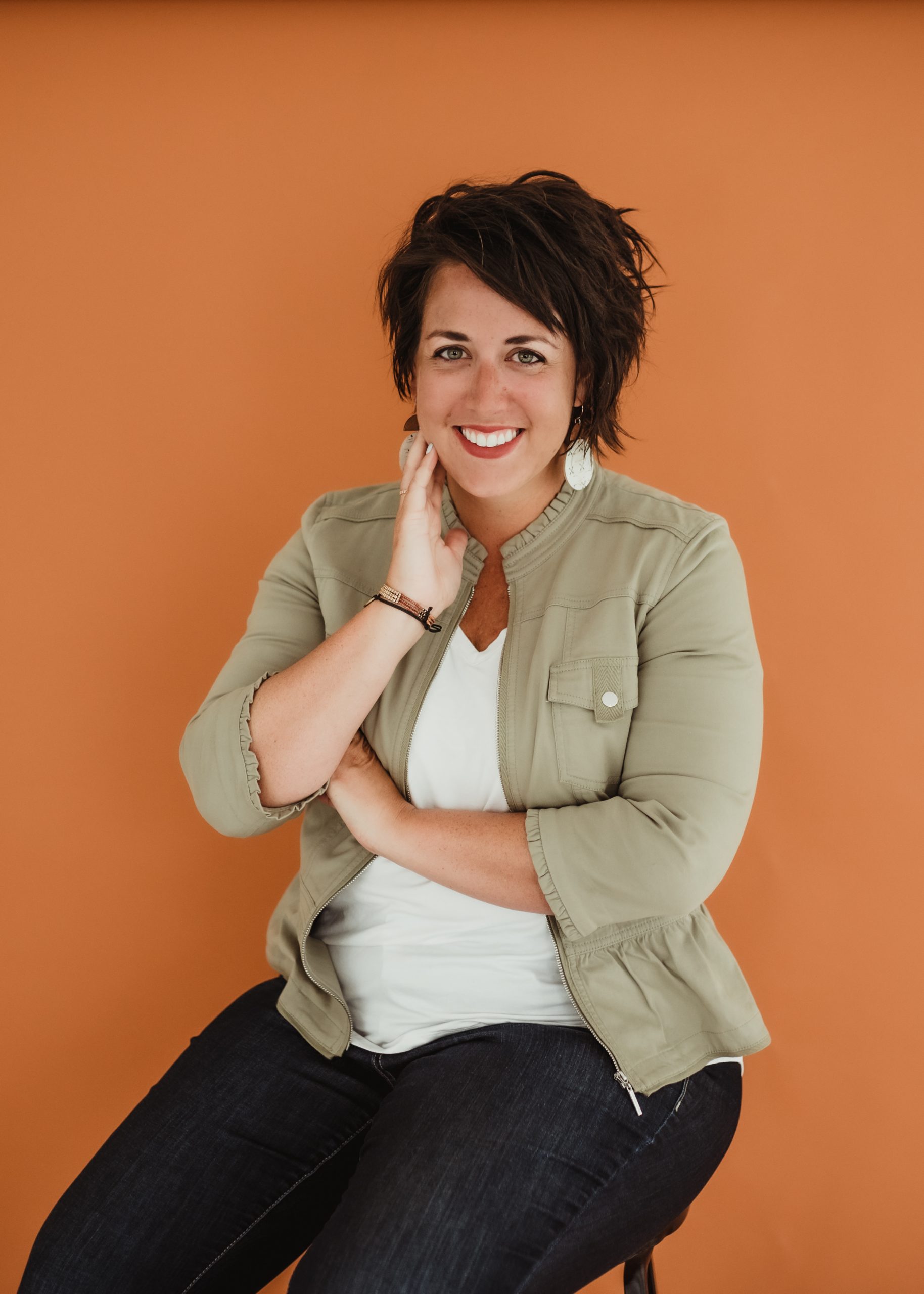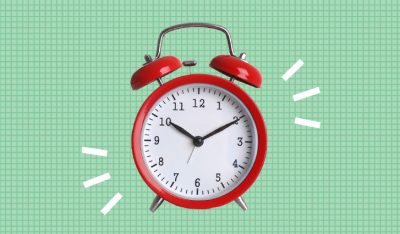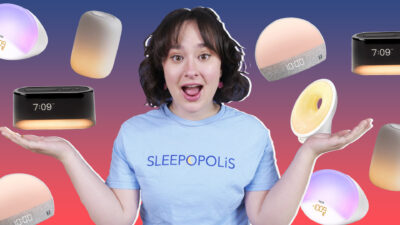Are Alarm Clocks — And The Snooze Button — Really Bad For Sleep?
- by Alexandra Frost
- Updated: August 3, 2023
Table of Contents
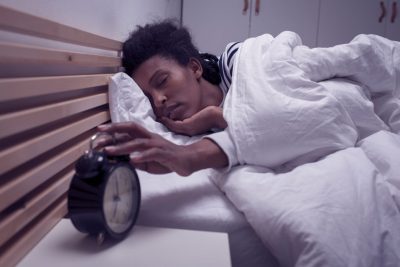
That blaring beeping that kicks you out of a peaceful sleep is undoubtedly one of the most dreaded parts of any alarm clock user’s morning. But for many, it’s a necessary evil that ensures the kids make it on the bus, you make it to your first morning meeting, and everyone is fed, dressed, and prepared along the way.
But some people aren’t ready to pop up and tackle the day when they hear that awful noise. And that’s the group that researchers have started to pay more attention to: the “snoozers.” These people hit “snooze” on their phones or alarm clocks sometimes once, sometimes repeatedly, desperate to grab a few more zzz’s before reality hits and they face the music.
Some scientists think alarm clocks are harming your body’s natural rhythms, causing exhaustion in the day. Others are concerned that the stress of the alarming sound harms heart health. In one recent study, researchers at the University of Notre Dame tackled the topic of snoozing, alongside alarm clock use in general. They wondered if it had any impact on sleepers, and how people who don’t even use an alarm clock compare with those who do. The results showed, like many studies do, that a natural approach is best, and that alarm clock users slept less than natural wakers.
Their insights, along with previous research on the pros and cons of alarm clocks, can give us more insight into just how much they help us be on time — and how they might interfere with sleep.
The Debate Against The Alarm Clock
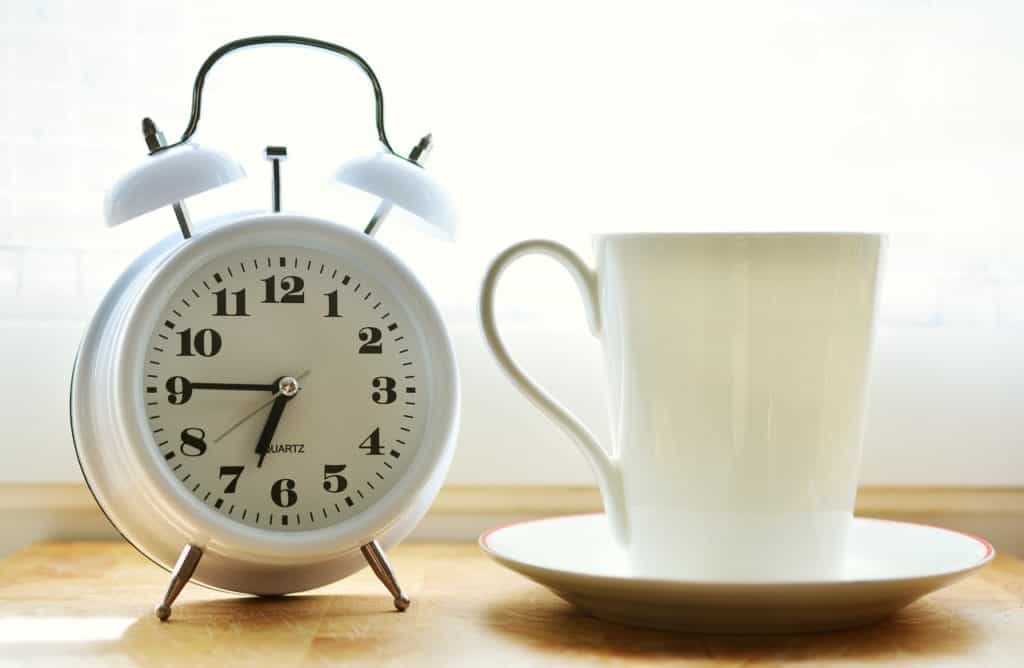
Beyond the general pros and cons of the alarm clock itself, researchers have studied whether snoozing is additionally not so great for you. Snoozing was defined in the recent study as using multiple alarm clocks (meaning literally multiple clocks or also the same clock going off multiple times). 450 participants were surveyed and also monitored with a wearable device to figure out the physiological effects of their alarm use behaviors.
Stephen M. Mattingly, Ph.D. Postdoctoral research fellow at the University of Notre Dame, a researcher in the study, was surprised to see just how many participants were hitting the snooze button — and how that affected their quality of sleep.
“Our data suggests that single alarm users and snoozers sleep a similar amount, and that there is little difference between waking to the first alarm and snoozing,” he says. But the more interesting findings compared alarm clock users to natural wakers. “The striking difference in this data is between snoozers and alarm users compared to natural waking participants, who slept an hour more. In that sense, the question of ‘to snooze or not to snooze,’ is ignoring the more important and larger question of ‘to use alarm(s) or not.’”
Who’s Hitting The Snooze Button?
In the study at the University of Notre Dame, over half of the participants “snoozed,” and those who did were more likely to be female, younger, and have more disturbed sleep. Additionally, snoozers had difficulty getting out of bed (hence hitting the snooze button at least once), and they enjoyed hanging out in bed after waking. Mattingly suggests some who have trouble getting out of bed might be sacrificing their sleep for other needs, such as work or waking leisure activities (Netflix binging til midnight anyone?).
Snoozers also had a higher resting heart rate and lighter sleep before waking, and Mattingly says there will need to be more research done to determine the health impacts of snoozing on the body.
The Stereotype Of Snoozing — And The Real Problem
Snoozers seem to have gotten a bad rap. “In my reading of what’s out there, there is a lot insinuation that waking to a single alarm is better than snoozing because snoozing takes longer and implies that snoozers are sleeping for a shorter duration,” Mattingly says, but those stereotypes weren’t supported by their study. He adds that snoozers are by no means “lazy.”
Snoozing might have its place in the world of sleep, he says, calling it a “fatigue management tool” we naturally use. “Snoozing might help you be more awake when you ultimately roll out of bed, which might be lifesaving if you’re going to drive somewhere or operate heavy machinery. Of course, snoozing might also come with health and cognition penalties, we just don’t know what they are yet.”
Overall, it appears the main issue is with alarm clocks, not necessarily the snooze button. “The body has a natural system that regulates sleep and wake. Alarms force waking before the body is ready. I think this reduction in sleep is due to the sleep-disruptive effects of alarm clocks in any form (single alarm or snoozing).”
The TLDR: Alarm clocks might help you get where you need to be on time, but there’s also evidence that suggests it’s causing you to sleep less — and for snoozers, potentially lowering quality of sleep and increasing resting heart rate before waking.
Should We Quit Our Alarm Clock?
Not just yet — after all, we don’t want you to lose your job, especially in the winter when it’s harder to get out of your cozy nest. But the research does point to significantly more sleep for those who aren’t using an alarm clock, so it might be worth it to consider a gradual switch. Step one is getting as much sleep as your body needs to avoid short and long-term consequences for health and cognition related to sleep deprivation.
You can start with the most basic guidelines for all adults, then determine your specific needs from there. The average adult needs at least seven hours of sleep per night, according to the Centers for Disease Control and Prevention. You can chart your sleep cycles using a wearable device to better understand your optimal times for waking up, and try to adjust bedtime accordingly (there’s nothing worse than hearing that beeping noise mid-REM cycle, after all).
Tips For Waking Up Without An Alarm Clock
To actually ditch your alarm clock completely, you might need to make some changes to your current routine. Here’s what you can try if you are on a mission to awaken to birds chirping and sunshine rather than your alarm clock.
Go To Bed Earlier
It might seem basic, but if you go to bed earlier and get the right amount of sleep before your alarm clock would have gone off, you won’t need it anyway. This process will likely be gradual and may require learning about your own sleep patterns, including what you are giving your time to instead of sleeping. This can also mean adjusting your evening routine (and priorities) to get more sleep if possible. Mattingly says it’s likely that snoozers are spending more time awake than is ideal for their bodies, so be ready to do some serious schedule management.
Use Light To Your Advantage
Waking up to natural light, or as close to it as you can get, might feel easier on your body than jolting alarm clock sounds. You can try using timed window shades that go up at a preprogrammed time or “waking lights” that come on at a certain time to retrain your body.
Change Your Type Of Alarm Clock To Prevent Over Snoozing
If you aren’t confident you can completely cut the alarm clock and your own snoozing habit is really costing you time, you can try an alarm clock on wheels that moves around the room or an alarm clock that requires you to do a basic math equation before it’ll shut off. This ensures you actually get up instead of hitting snooze repeatedly, putting off the inevitable. You can also play with the sounds on most alarm clocks to choose something a bit more pleasant to wake up to than a highly obnoxious and alarming sound.
The Last Word From Sleepopolis
It’s possible the problem isn’t that it’s time to get up, but that you aren’t ready because you didn’t get enough sleep the night before. Give your sleep schedule another look before deciding your alarm clock is the issue, or ask yourself how rested you feel and how many times you are waking at night if you think something else may be at play. If you’re dealing with insomnia or other sleep issues, reach out to your doctor to improve your sleep and deal with any underlying issues that might be limiting quality sleep.
Subscribe Today!
Get the latest deals, discounts, reviews, and giveaways!
